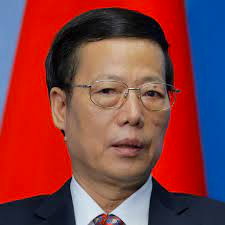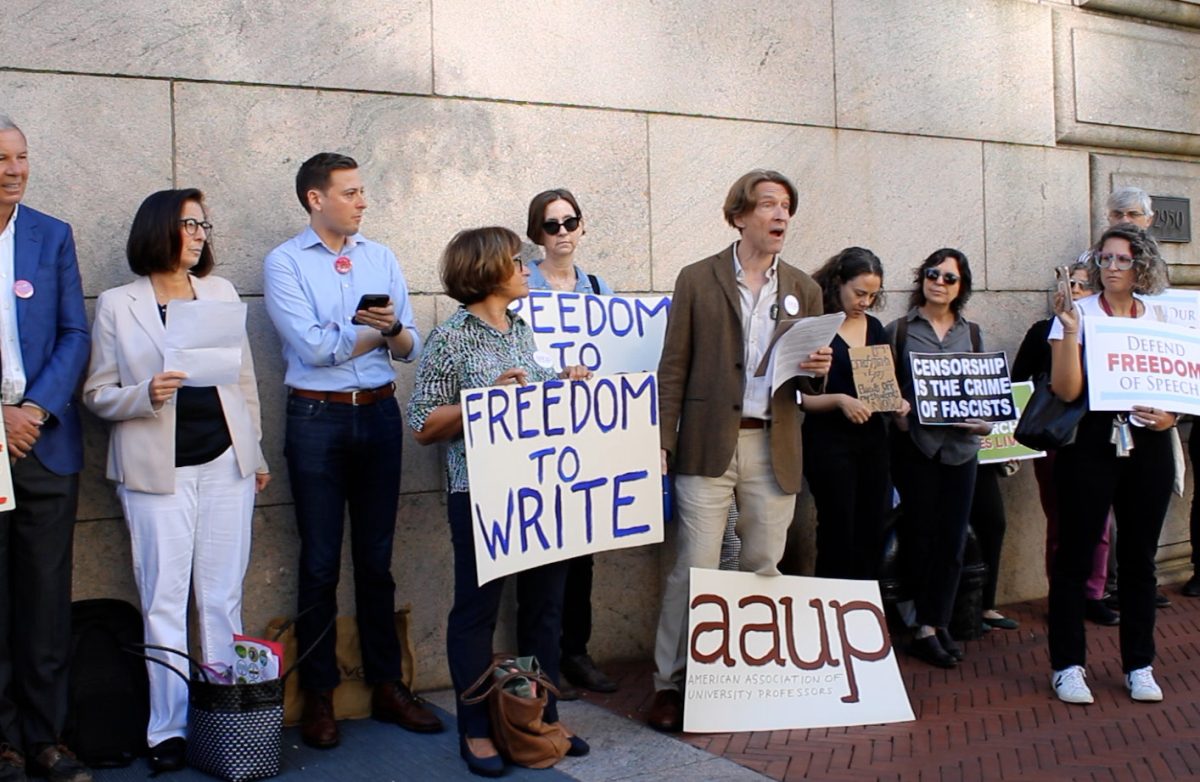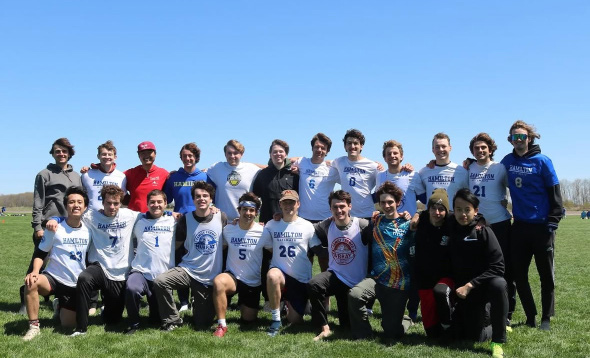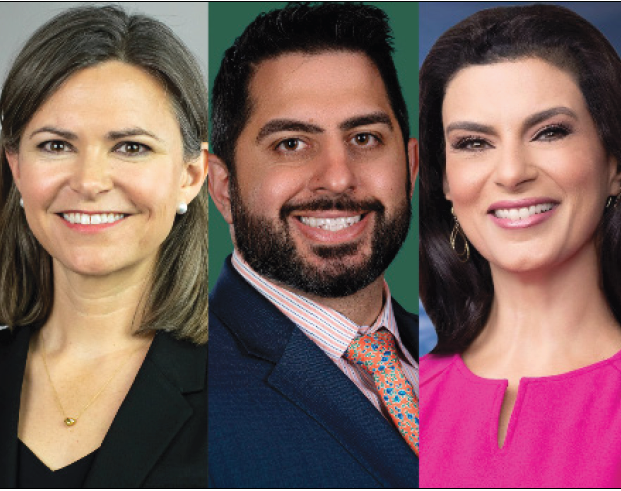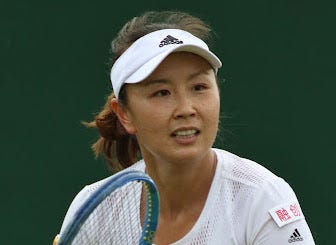
On Dec. 1, the chairman of the Women’s Tennis Association (WTA), Steve Simon, announced that WTA events in China would be suspended. The decision stemmed from China’s disturbing response to the doubles player Peng Shuai making sexual assault allegations on Nov. 16 against Zhang Gaoli, a former Vice Premier of the Chinese Communist Party (CCP).
Peng published her allegations on the Chinese social media site Weibo. Within minutes, the post had been taken down, and screenshots of the post were censored. It became impossible to search for Peng’s verified account; comment sections from her previous posts were taken down. The immediate and extreme response, all to scrub any mention of sexual assault allegations against a former government official, was disturbing. But the bigger concern was Peng Shuai: where was she? If the government had gone after her social media with such appalling speed, what had they done to her?
#WhereIsPengShuai began to trend on Twitter. Big news outlets such as
CNN
,
The New York Times
and
The Washington Post
reported on concerns over Peng. Jen Psaki, the White House Press Secretary, even mentioned that President Biden wanted “verifiable proof” of Peng’s location and well-being. Chinese government social media accounts released an email supposedly written by Peng, but the language was extremely cookie-cutter (the email included a hope that Chinese tennis would continue to prosper in the future, which was completely irrelevant to the concerns about her status). Few bought that she actually wrote it. The letter walked back the allegations she had made just days earlier, adding to the doubt that Peng wrote it. Photos and video followed, which were more encouraging, but again, there was an air of uneasiness. She was confirmed to be alive — a relief — but was she forced to be taking part in these photos and videos? Had she gotten to choose the words she was saying? Thomas Bach, the President of the International Olympic Committee (IOC), had a half-hour video call with Peng on Nov. 21, but the IOC’s website did not offer a clip of the call, only a screenshot and a dinky three-paragraph description. The article bizarrely included the detail that Bach invited Peng to dinner with a couple other IOC employees, a detail as worthless as the hope that China’s tennis program will prosper. Suspicion remained: #WhereIsPengShuai became #FreePengShuai. There is currently no way of knowing her true status, with Peng herself still yet to speak up with a clear lack of coercion.
Steve Simon, to his credit, has maintained that China’s response has been unacceptable from the beginning. Through a series of statements released by the WTA, he first expressed concern over Peng’s well-being, and then doubts that she was speaking up without coercion or intimidation. “The WTA has been clear on what is needed here, and we repeat our call for a full and transparent investigation — without censorship — into Peng Shuai’s sexual assault accusation,” was a poignant part of today’s statement. Simon has backed up his words with actions: by not participating in tournaments in China next year, the WTA will lose a considerable amount of money. The 2019 year-end finals tournament in Beijing had a bigger prize pot than the men’s tournament in London, which was a big success for the WTA. But out of concern for Peng Shuai — and other players, should another WTA tournament happen in China — Simon is prepared to take the loss. “In good conscience,” the statement included, “I don’t see how I can ask our athletes to compete there when Peng Shuai is not allowed to communicate freely and has seemingly been pressured to contradict her allegation of sexual assault.” Morals, refreshingly, are being prioritized over profit by a major sports organization.
This story is not likely to end well. The CCP has shown no signs of backing down. The Chinese foreign ministry spokesperson, Zhao Lijian, said last week “I hope certain people will cease malicious hyping [of the Peng Shuai story].” There has been nothing resembling the start of an investigation into possible sexual assault by Zhang Gaoli. Peng Shuai’s true status is unclear; no media has surfaced credibly indicating that she is enjoying freedom. Zhang Gaoli has not spoken up since the beginning of this tragic arc, and he has not had to — he is the one being accused of sexual assault, yet he is the one benefitting from his government’s actions. The picture is horrifyingly backwards.
Victims of many #MeToo cases struggle to be believed. Peng Shuai is struggling just to be heard. Through the amplification of her story, and the consistent stance that China behaved unacceptably regarding her case, perhaps her voice can be made a little bit louder.
